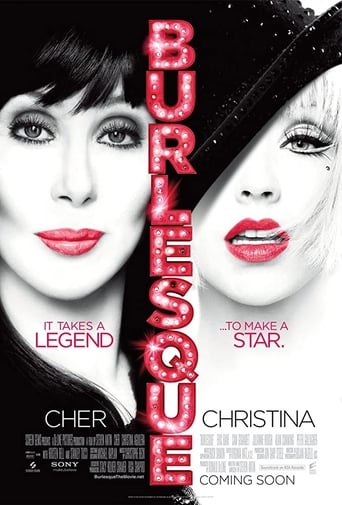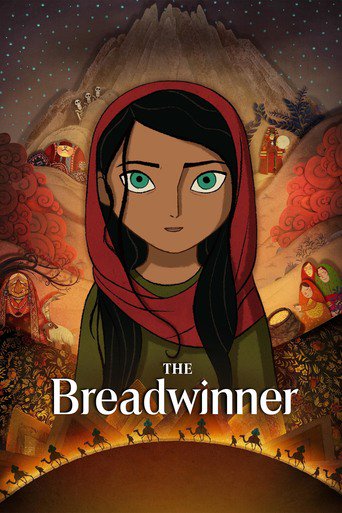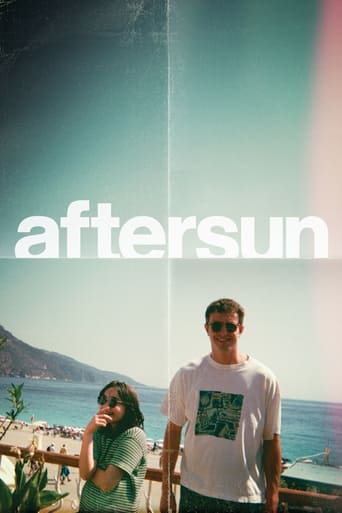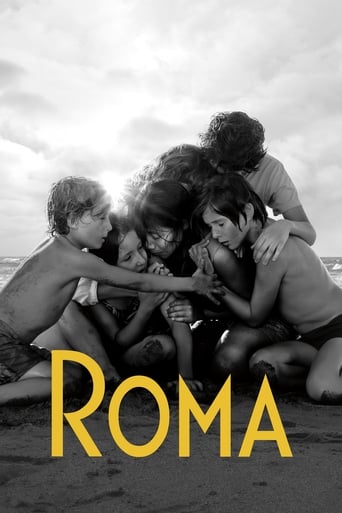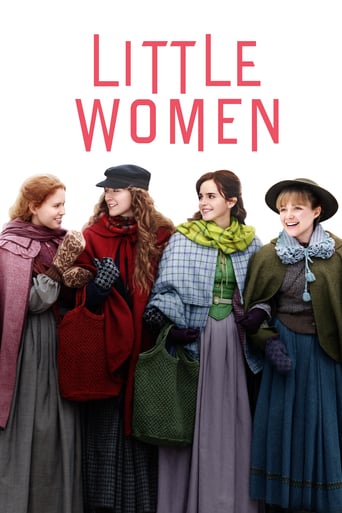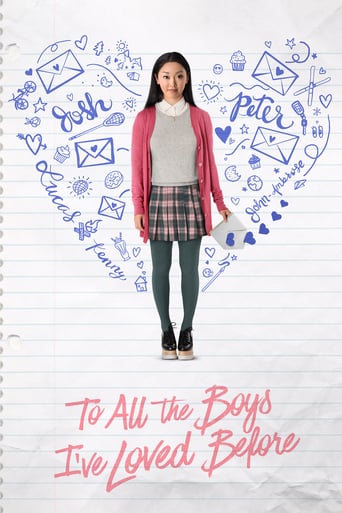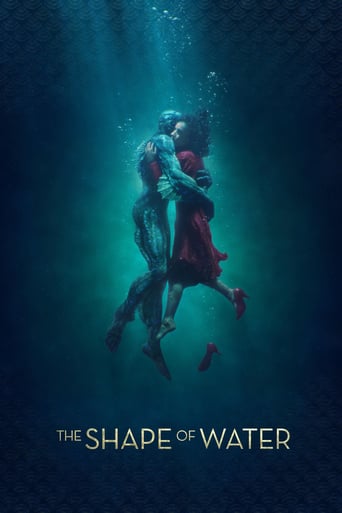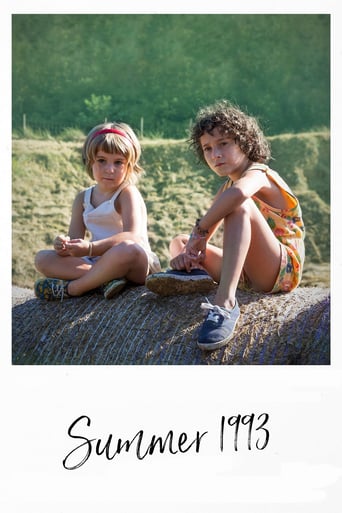


Summer 1993
After her mother's death, six-year-old Frida is sent to her uncle's family to live with them in the countryside. But Frida finds it hard to forget her mother and adapt to her new life.
-
- Cast:
- Laia Artigas , Bruna Cusí , David Verdaguer , Fermí Reixach , Isabel Rocatti , Berta Pipó , Quimet Pla


Similar titles
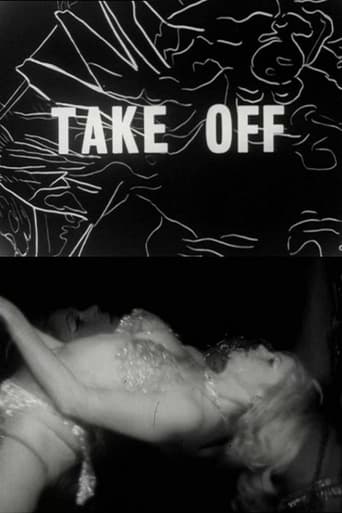
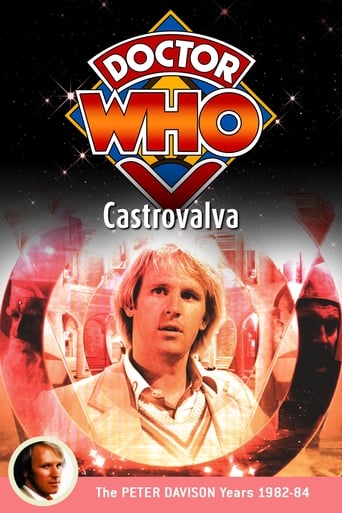
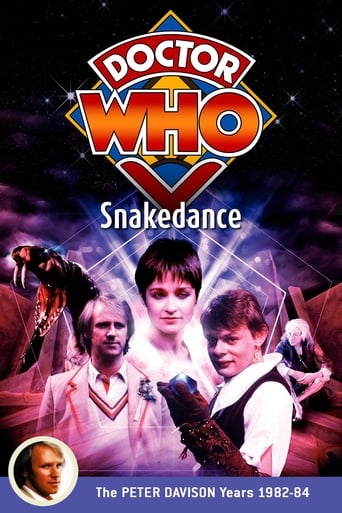
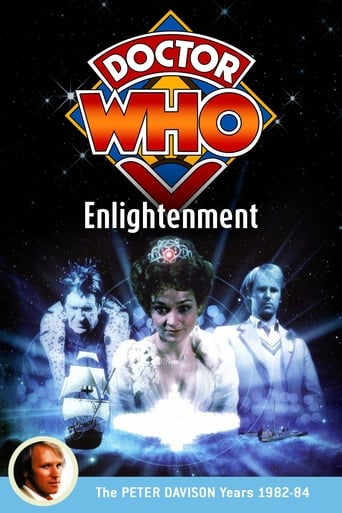
Reviews
Instant Favorite.
Good start, but then it gets ruined
best movie i've ever seen.
By the time the dramatic fireworks start popping off, each one feels earned.
Many movies stand or fall on their final scenes because our memory retro-frames the film through its climax. Limp endings always disappoint but the last 20 seconds of the Spanish film Summer 1993 (2017) elevates what would have been just a sweetly lyrical tale of childhood loss into a powerhouse essay on the nature of grief.In simple linear fashion it's an uncomplicated story of six-year old Frida (Laia Artigas) who is abruptly moved into her aunt's home when both parents die from AIDS-related illness. We are never actually told about the illness, rather we see the shame and hear the silence surrounding why they died, and there is unmistakable discomfort around blood as a recurring motif. While her adoptive parents were not exactly delighted to have Frida, they are dutiful, kind and loving; family always comes first in Catalonian tradition. On the surface, all appears to be settling down well, especially for their three-year old daughter Anna (Paula Robles) who is thrilled to suddenly have a sister and a constant playmate.What makes this simple tale unique is how it is told entirely through Frida's point of view. The world of a six-year old moves slowly as the developing mind processes what is happening. The camera lingers on Frida's eyes and captures the shifting cycles of abandonment, painful loss, confusion, desire to belong, followed by laughter and child's play. Most scenes are languid in pace, framed at children's height looking up at an adult-controlled world. Scenes of backyard, bathtub and bedtime play show Frida initially on the fringe of belonging and gradually inching towards being part of her new home. It's normal family life and nothing untoward happens; even when Frida leaves Anna in the woods, you sense it is to gain attention rather than show malice towards the three-year old. If you prefer stories with strong forward narrative you may find this one too slow, even though it's impossible not to enjoy the exquisite naturalness of Frida and Anna. Children of this age do not act; they just are who they are, and the director's artistry lies in channelling their performance into a gently nostalgic autobiographical film. The full impact of the tale erupts during a final scene of joyful family bedtime play. Just when Frida is feeling safe and loved, she bursts into uncontrollable and inconsolable tears. It is a sight we have not seen before. This is a film to be savoured on many levels. The cinematography and settings are an obvious source of visual and emotional pleasure, but it is at a deeper level that this film delivers its greater impact. We will read it according to our life experience, but it says much about the importance of family and the way young children experience profound loss. At all levels, this is a film that leaves a deep imprint.
One of the most beautiful films I've seen in recent memory. The gorgeous cinematography provides a backdrop for a look at loss through the eyes of a child, in this case played by Laia Artigas who gives a truly arresting performance The film has been compared to other Spanish classics that feature child protagonists like Cría Cuervos and The Spirit of the Beehive. While I thoroughly enjoyed what appears to be a pretty clear nod to Cría Cuervos in the scene where the little girls are "playing adults," this film certainly stands on its own. Also, although I've seen relatively few films in Catalan, this has undoubtedly been my favorite, so I'd say this also qualifies as a triumph for Catalan cinema!Highly recommended.
Carla Simon's well-observed tale of a young girl who's orphaned and forced to move into her uncle's home. Frida (Laia Artigas ) is the girl and her uncle Esteve (David Verdaguer) has a wife Marga (Bruna Cusi) and an even younger daughter Anna (Paula Robles). Frida's mother's passing of an "illness" isn't defined at the outset, but, the constant medical tests the young girl has to be subjected to and the panic that ensues when she bleeds on a playground give you a pretty good idea of what will be revealed (not to mention setting it 25 years ago). But, SUMMER 1993 isn't really about that topic, it's more about coping without parents, and trying to blend in with her uncle's family. It's often awkward, and even painful, but it's never less than perceptive even if it never quite reaches the next level. The movie's path never seems in doubt, no matter the obstacles put in the characters' way. The music selections are interesting and unexpected with touches of soulful jazz. The ending concludes on a different note than one might forsee - but, it's just about right. This was Spain's official submission for the Foreign Language Oscar last year (it was not nominated or short-listed).
Es una historia sobre una niña que es huerfana y la adoptan sus tios

